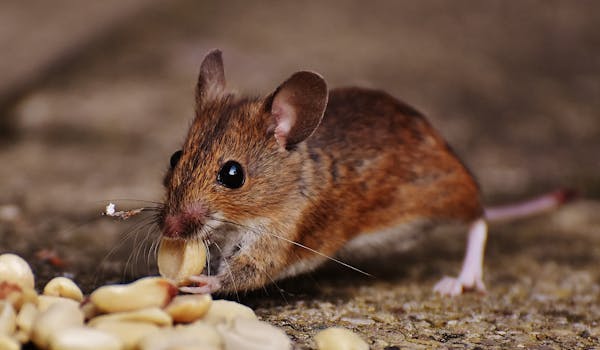Pests Can Cause Serious Health and Safety Problems
Residential Pest Control Plantation is the use of methods to discourage or eliminate undesirable organisms, such as insects, rodents, birds, and weeds. Often, this is done to improve the quality of crops or protect structures such as homes and gardens from damage. Some of the most common pest control practices include exclusion, repellents, pheromone trapping, mechanical controls, and chemical treatments.
Pests may spread disease through their bites or droppings, or by contaminating food and water supplies. In some cases, they can exacerbate certain medical conditions such as asthma and allergies. Regular pest control services can help to prevent these health issues and keep you, your family, and your pets safe.
Identifying the pest is the first step in any pest control strategy. Correct identification helps to determine whether the pest can be tolerated, if it poses a threat, or if eradication is necessary. It also helps to select the most effective management strategies.
Preventive or nonchemical pest control includes cultural practices, removing or blocking access to food, water, and shelter, and using barriers to entry. These measures can be used alone or in combination with other methods. They are especially important in urban areas where pests have many places to hide and can be difficult to remove completely.
When preventive methods are not enough, eradication may be necessary. This is usually done by excluding the pest from an area through barriers or pheromone traps, destroying all the eggs of the insect in a specific habitat (as with Mediterranean fruit fly and gypsy moth eradication programs), or by using genetically modified organisms or biocontrol agents (such as sterilisation programmes). Eradication is less common in outdoor pest situations than prevention and suppression.
A number of physical and biological controls are available to help with pest control without the use of chemicals. These include introducing natural enemies or competitors, using physical barriers, and planting species that are resistant to the pest. These methods are part of integrated pest management, which seeks to minimize the use of toxic chemicals.
Pest control is a complex issue, and it is important to consult experts before taking action. A professional will have the skills, equipment, and knowledge to get the job done quickly and effectively. In addition, they will be able to offer follow up services to ensure that the pests are really gone.
It can be stressful to wake up to find mice running around the furniture or bugs crawling on the floor. Hiring a pest control service can make your house feel like home again and give you a better night’s sleep. In addition, it will save you the hassle of buying over-the-counter products that may not work or even be harmful to your family. Make sure you do your research before hiring a company, and ask them about their guarantees. Some companies will provide a money back guarantee if their services don’t work or aren’t up to par.

